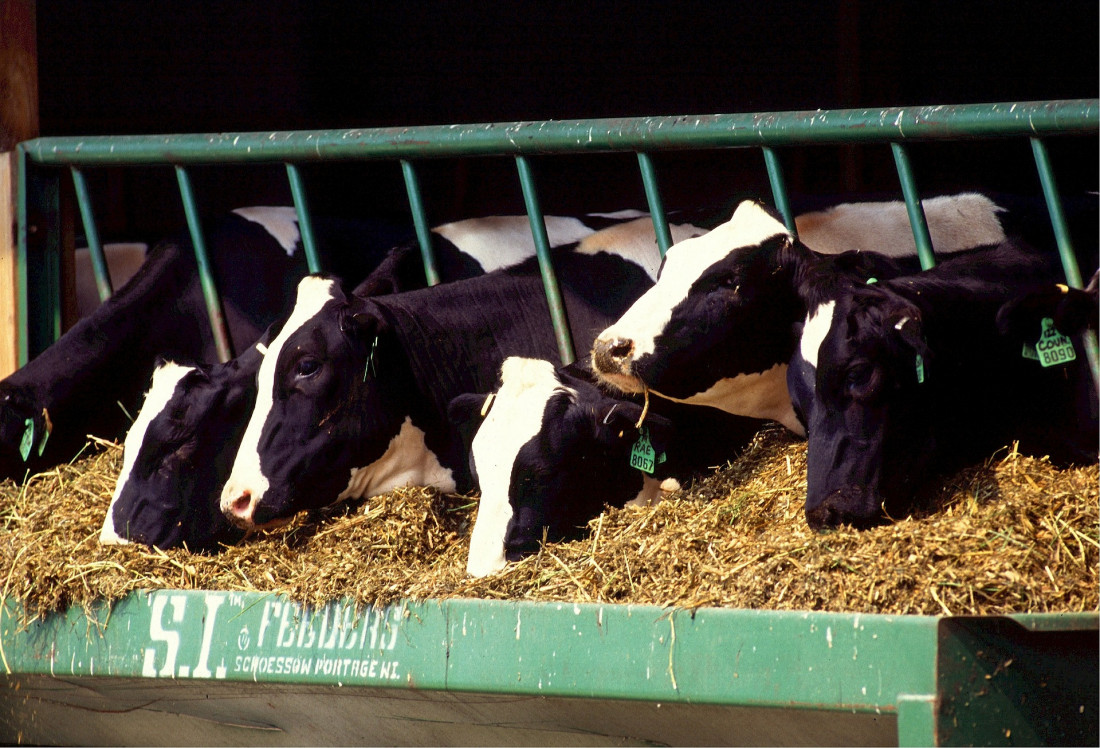With global meat demand on the rise, and with the cost of food production at an all time high, there has been increased focus among governments, research teams and agribusiness leaders to improve the quality of animal feed. Today’s livestock are fed such high-performing products that nothing is left to chance in ensuring healthy, well-nourished animals.
One such example of this is a recent study from the University of Illinois that analysed the impact of adding fat supplements to pig feed in diets with a high canola meal content. In conclusion, the researchers were able to prove that, “adding supplemental dietary fat is not necessary to avoid reduced growth performance when replacing soybean meal with canola meal in diets fed to weanling pigs.”
The study focused on the use of canola meal as a feed ingredient, as it has a high protein content, and so can be used as a substitute for soybean meal in pig diets. Modern varieties of canola have even been selectively grown with thinner seed coats, and so have less fibre than conventional canola meal.
Speaking of the study, Hans Stein, professor of animal sciences at the University of Illinois said, “Recently, it’s been reported from several experiments that up to 40 percent canola meal may be used in diets fed to weanling pigs without negatively affecting growth performance. However, dietary fat was used as a supplement in all of those experiments to maintain constant net energy among diets.”
As the online science journal Phys.org reports, “Stein and his team formulated four diets by adding 20 or 30 percent conventional or high protein canola meal to a corn-soybean meal basal diet. The energy content of these diets ranged from 2299 kcal/kg net energy (NE) in the 30 percent canola meal diets to 2402 kcal/kg in the 20 percent high protein canola meal diets.” The study goes on to explain how, “Four additional diets were identical to the first four diets except that choice white grease was added, so that each diet contained 2452 kcal/kg NE.”
The results showed that the addition of white grease had no impact on the pigs’ body weight. As the study, which has been published in the Journal of Animal Science, states, “There were no differences in Gain to Feed ratio or in final Body Weight among pigs fed the control diet and pigs fed canola meal diets.”
Instead, the report found that, “Pigs fed diets without supplemental fat had greater average daily gain and average daily feed intake than pigs fed the diets with constant net energy.” While, “Average daily gain, average daily feed intake, gain to feed ratio, and final body weight were not influenced by concentration of canola meal in the diets.”
“The results of this experiment confirmed that it is not necessary to maintain constant Net Energy among diets containing canola meal,” said Stein.
How this study will impact animal feed additives markets has yet to be seen, but for now it appears that those focused on trading fat additives to feed have cause for concern. But beyond that, as the animal feed industry becomes ever more scientific, other feed additive traders may also start to worry about the true value of their agrichemical products.

